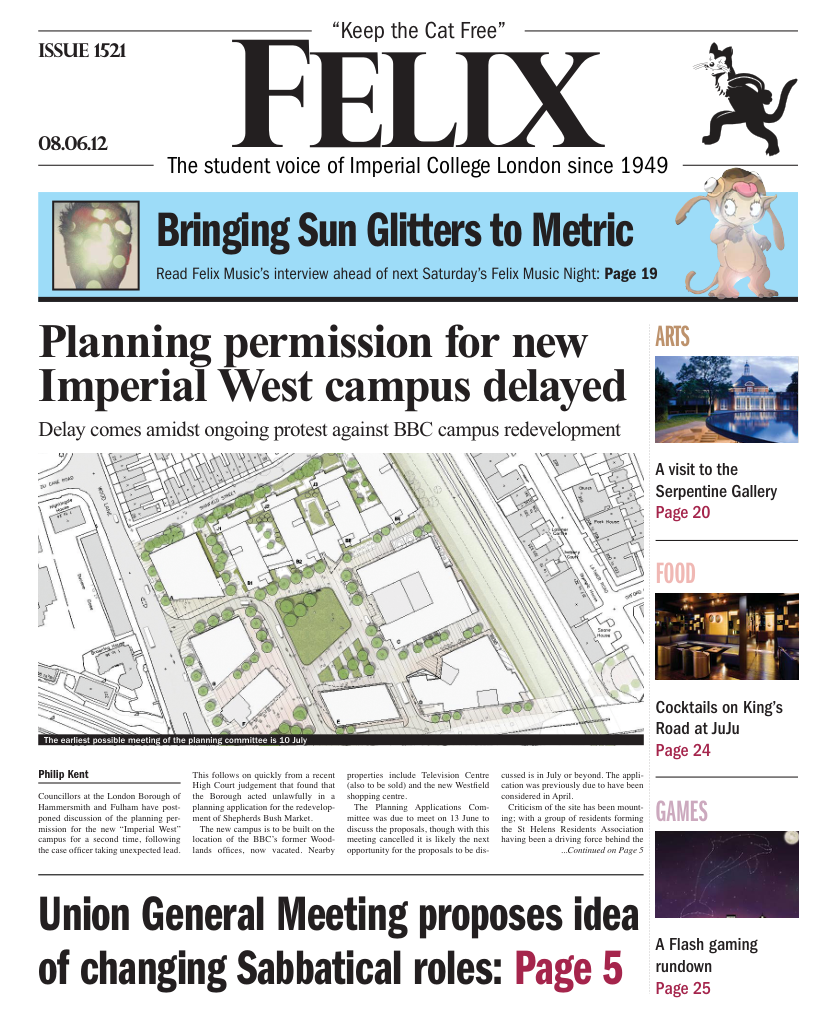Sweet, sweet serendipity
Victoria Charlton on a surprising discovery and a resisitor that remembers
At first they thought that the experiment had gone awry. They’d spent years studying silicon compounds and thought they knew what to expect. But this compound was different. It was unstable, seemingly unpredictable – constantly shifting between electronic states. This compound was misbehaving.
“We were puzzled,” remembers Professor Tony Kenyon, head of the Photonic Materials Laboratory at University College London. “The immediate thought was that there was something wrong. I had a new PhD student, so I gave him some samples and said: ‘go and find out what the problem is’.” That student was Adnan Mehonic, and he was about to tell his supervisor something very surprising.
“He came back to me and said, they’re not unstable, they’re programmable.” And did the professor believe him? “I looked at Adnan’s evidence and thought: that’s real. This is a really exciting prospect.”
What Professor Kenyon’s team had inadvertently created was an electronic component that could not only vary its resistance, but also “remember” its last resistive state. Silicon oxide is usually an electronic insulator, but the team believe that the “extra” atoms within their compound move around when exposed to an electric field, forming conductive filaments. By altering the voltage, resistance can be continuously varied, creating a special type of electronic switch. Their compound, it seemed, was a memory-resistor – a memristor.
If you find yourself competing against silicon, don’t.
The memristor’s existence was first postulated in 1971, but scientists long struggled to turn theory into practice. Then, in 2008, IT-giant Hewlett-Packard announced the creation of the world’s first memristor – and with it, a type of electronic memory a hundred-times faster and a thousand-times more efficient than its competitors. Unfortunately for HP, this titanium-based compound, like the variations that have followed, was both expensive to produce and unviable in ambient conditions.
The UCL device is neither of these things. It is also made of silicon, the element quite literally at the core of global electronics. There’s a saying in the industry, says Professor Kenyon: “If you find yourself competing against silicon, don’t.” His team have stuck to this maxim, making it relatively easy to assimilate their component into existing silicon technology, be it microchips, processors, or even satellites.
Which explains why industry has taken such an interest. According to Professor Kenyon, discussions are underway with several leading companies and the new technology could hit the market in as little as three years, “if we’re lucky.” An apt disclaimer from a scientist who knows the value of a little bit of good luck.







